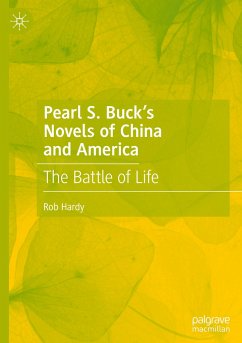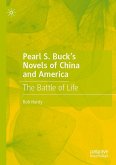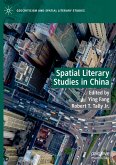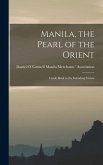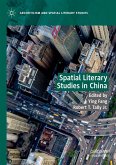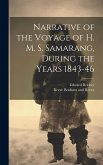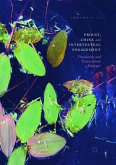This book, the first single-authored book-length study of Buck's fiction for over twenty years, shows how Buck's thought developed through the medium of her fiction - from her early turbulent years in China to her last lonely days in the United States, with chapters examining her loss of faith in Christianity, her reflections on Chinese life during and after the breakdown of Old China, her voluminous reading, her confrontation with the horrors of American racism and sexism after her return to the United States, and her final metaphorical search for home as she approached death. The book argues that Buck, the first American woman to win both the Pulitzer and Nobel prizes for literature, was a heroic forerunner of those who, while occupying a place in the world, never feel fully at home there; in Buck's case because her Chinese identity throughout her life struggled with her American. For this reason Pearl S. Buck's fiction deserves to be considered alongside that ofwriters such as Anchee Min, Maxine Hong Kingston and Amy Tan. The book's central claim is that Buck is a major novelist, capable of speaking to the distress of our times, richly deserving the honor she has received in China, and deserving greater recognition in the United States.

